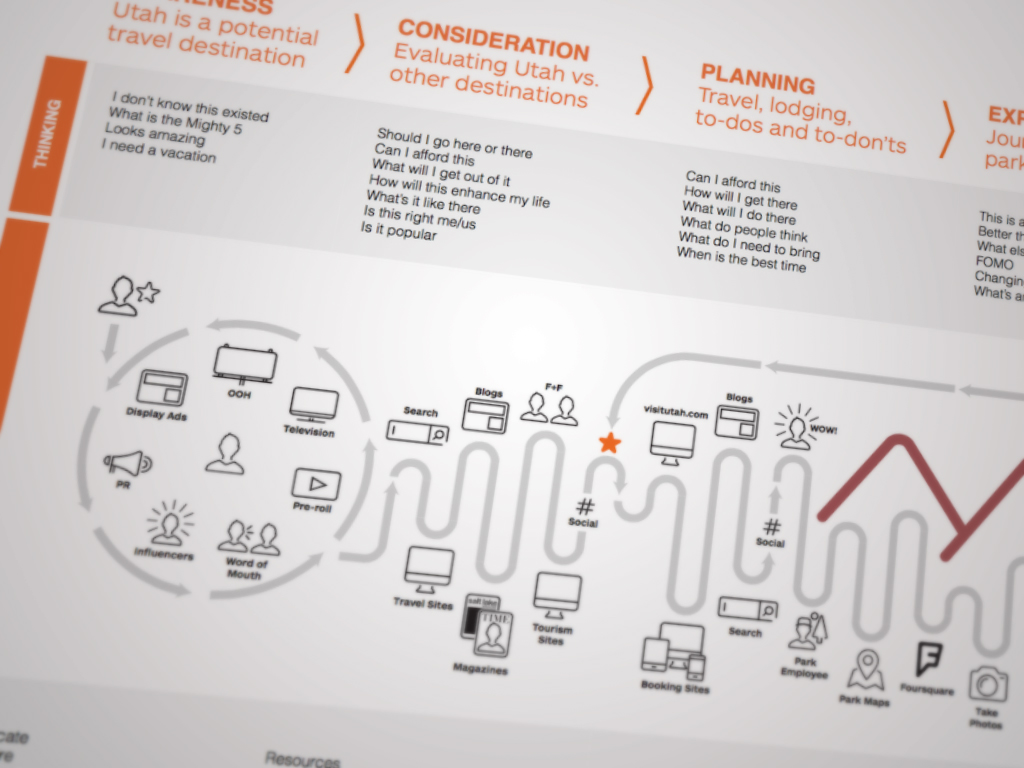Earlier this morning, I saw Andrew Isidoro tweet an article on the Entrepreneur called “Why Modern SEO Requires Almost No Technical Expertise”. The essence of the article is that:
The happier your users are when they visit your site, the higher you’re going to rank.
Modern SEO really is that simple.
So focus on your users, create great content, think about UX, get others to like your site and as a result get links and social engagement, and if you’re a local business, get your listings in order, too.
This is not entirely unreasonable and there is some truth in it. Can you do an average job of your SEO without thinking (or paying someone to think) about the complex technicalities of indexing? Maybe, yeah.
Will you capture all opportunities, globally, in the right way, serving the right content without it? Absolutely not.
IMO the main problem with this article is that it makes a fundamental mistake in saying:
most modern content management systems (CMS) have been created or modified with the intention to streamline the SEO process. Most important backend configurations are automatic, and most other code-specific entries are presented in an interface that’s easy to understand and even easier to update. As long as you’re following a modern system of web development, the technical side of SEO is easier to understand than ever before.
Yes, a CMS may make the technical side of SEO easier to understand, but the notion that if you use a modern CMS your technical SEO is automatically ticked off and you need not think about it is a dangerous one, and as a result, lots of businesses are losing lots of money. I recently worked with a big finance firm where the CMS was auto generating multiple node URLs, so for every instance of a URL there were indexable versions of that page version with any number of /node.
Let’s put WordPress aside for a second and think about Joomla, which powers millions of websites and is really, really good at creating duplicate URLs (with Joomla installations, there is no automatic redirect involving www and non-www urls) and most of us will be familiar with the /index.php errors that are a common problem with CMS systems. Or Drupal, with a taxonomy module that can create multiple duplicate URLs.
These are just the basics.
This is ignoring the complexity and importance of site speed (which the author concedes is a part where technical expertise is required), or how to handle international sites, status codes, pagination, parameters…there’s a lot of room for error here.
Also splitting out technical and content as different strategies is also a mistake, if you have a content strategy that results in a blog with multiple categories, you are as a result creating multiple taxonomies, which, in a lot of CMS’ creates technical issues. The two are linked.
In the words of Jono Alderson:
Technical SEO is more important than ever. If you’re remotely interested in your website driving valuable outcomes (visits, conversions, ad clicks, comments, sales), then you need to consider every aspect of how search engines interact with your website — how it finds and consumes your content, the way it moves between your pages, and how it responds to the signposts you provide it with. Having a decent CMS can’t do this for you — your site, brand, needs and content are unique, and need a ‘made to fit’ optimisation strategy.
Most CMS platforms do a mediocre job at best — even WordPress, running popular plugins like Yoast SEO, only get it ‘mostly right’; and actually do an even worse job with more complex scenarios, like handling international content. There are, universally, huge opportunities to increase performance on the smallest blogs to the biggest ecommerce sites, which require users and managers to understand and consider the technical architecture . It’s naïve to ignore or pretend that the systems and platforms which form the backbone of your content, brand and user experience will ‘look after themselves’, and that it’s ok to not think about it.
So whilst CMS’ are helpful and content and users are important, modern SEO requires technical expertise more than ever.


